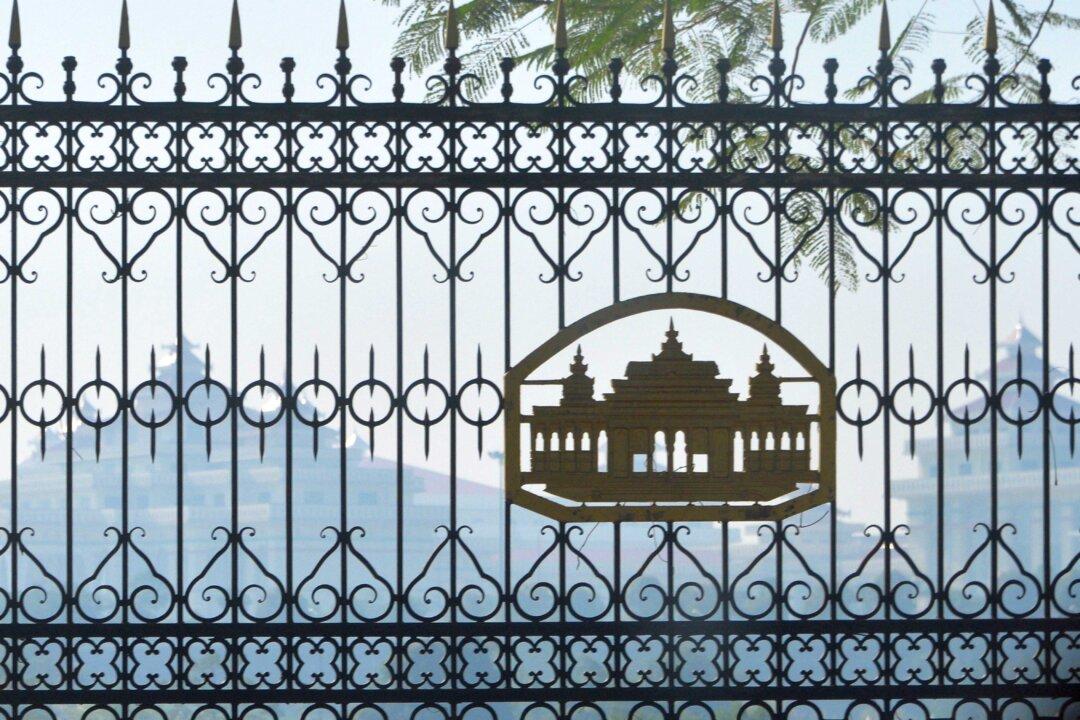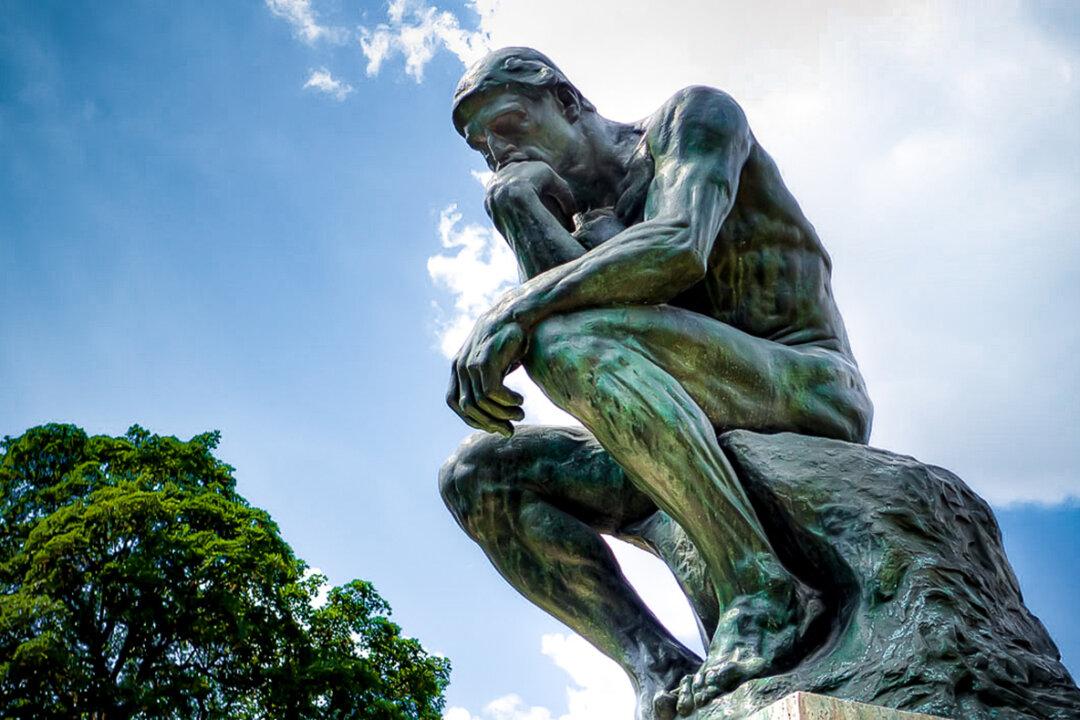Commentary
Since ancient times, observers have remarked on the rapid deterioration and debasement of language during wars and revolutions. In his “History of the Peloponnesian War,” the Athenian general Thucydides (c. 460–400 BC) remarked how, “to fit in with the change of events, words, too, had to change their usual meanings.” In Tacitus’s “Agricola” (c. AD 98), Calcagus, a Caledonian chieftain, says of his Roman enemies, “They create a desert and call it peace.”





